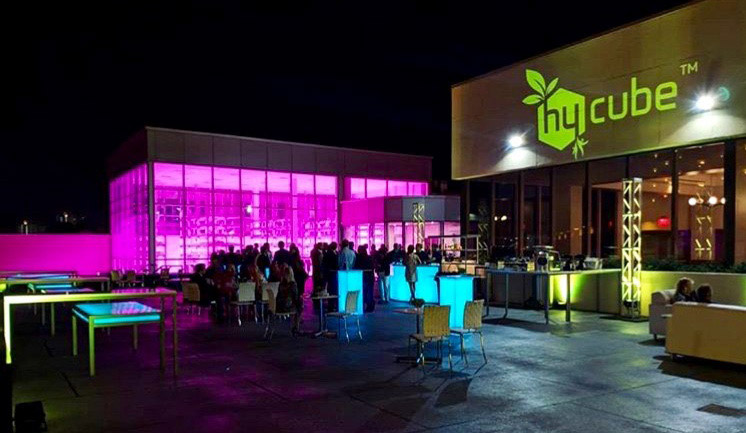

Juicy Marbles Moves Beyond the Fillet and Into the Fridge Staple Zone
Juicy Marbles built its reputation on theatrical, whole-cut plant-based steaks, the kind designed to be carved, shared, and Instagrammed. Now the company is deliberately stepping down from the dinner-party pedestal and into everyday eating, launching its new Umami Burger across 225 UK Tesco stores.
1 day ago1 min read


Top 10 FoodTech Companies to Watch in 2026
FoodTech in 2026 isn’t about who has the wildest idea, it’s about who actually shows up in food people eat. After years of hype, pullbacks and painful reality checks, a new class of companies is quietly moving ahead by doing something radical - making workable ingredients, scale, and slot into everyday products without asking consumers to change their habits.
1 day ago1 min read


Kimchi Moves From Cultural Wisdom to Precision Immune Food
Kimchi has always been more than a side dish. For centuries it’s sat at the heart of Korean food culture, not as a “superfood”, not as wellness theatre, but as a daily, living eco-system of nourishment. Now, science has finally caught up. A new clinical study from South Korea’s World Institute of Kimchi reveals kimchi doesn’t just “boost” immunity, it fine-tunes it.
2 days ago1 min read


Feeding Fungi Food Waste Is Making Better Animal-Free Protein
Food waste has officially entered its protein era. Researchers publishing in the Journal of Agricultural and Food Chemistry have shown that fungal mycelium grown on carrot side streams doesn’t just tick sustainability boxes and it actually tastes better than conventional plant-based proteins when turned into vegan burgers and sausages.
Dec 22, 20251 min read


Organic Dried Fruit Moves From Pantry Staple to Functional Snack
Organic dried fruit is quietly having a moment and not the dusty trail-mix kind. According to Verified Market Reports, the category is riding a wave of clean-label snacking, rising disposable incomes, and a renewed appetite for food that feels both simple and earned. The firm projects a 6.5% annual growth from 2026 to 2033, pushing the market from US$3.35bn in 2024 to US$5.78bn by 2033. This isn’t dried fruit nostalgia, it’s a food sector re-valuation.
Dec 19, 20251 min read


Leaf Rubisco Protein Enters the New Zealand Bakery Aisle
Eggs are quietly becoming optional in South Island bakeries. Foodstuffs South Island, NZ is trialling Leaf Rubisco Protein as an egg replacement across more than 200 New World, PAK’nSAVE and Four Square stores, marking the first major retail test for the Canterbury-based ingredient maker Leaft Foods. Cakes, muffins and fresh bakery staples are the proving ground, exactly where eggs normally do the heavy lifting on structure, binding and lift.
Dec 18, 20251 min read


Italy Starts 3D Printing Its Food, Literally
Italy has spent centuries defending how food should be made and now it’s quietly experimenting with how food might be printed. In Abruzzo, researchers at ENEA’s EltHub are using 3D printing and lab-grown plant cells to create edible “inks” shaped into sliced foods and steak-like cuts. This isn’t novelty gastronomy, it’s applied food engineering, designed around texture, nutrition, and accessibility.
Dec 17, 20251 min read


Ultra-Processed Foods Are Under Fire But Plant-Based Isn’t the Villain
A major analysis of more than 30,000 brain scans has reignited concern about ultra-processed foods (UPFs), linking heavy consumption to cognitive and neurological risks. But as the story ricochets through mainstream media, a familiar distortion is taking hold: plant-based foods are being swept into a problem they didn’t create and don’t own.
Dec 17, 20251 min read































Comments